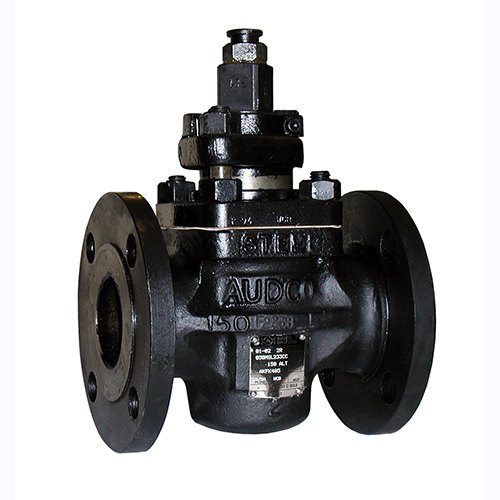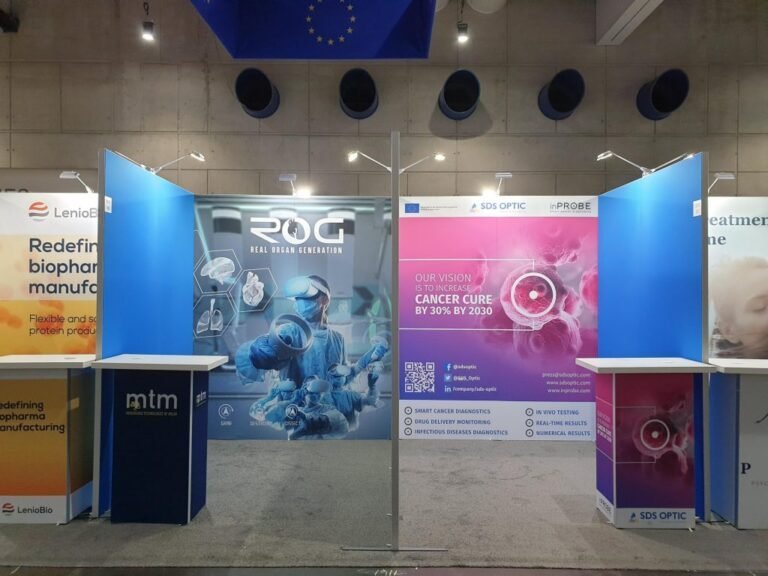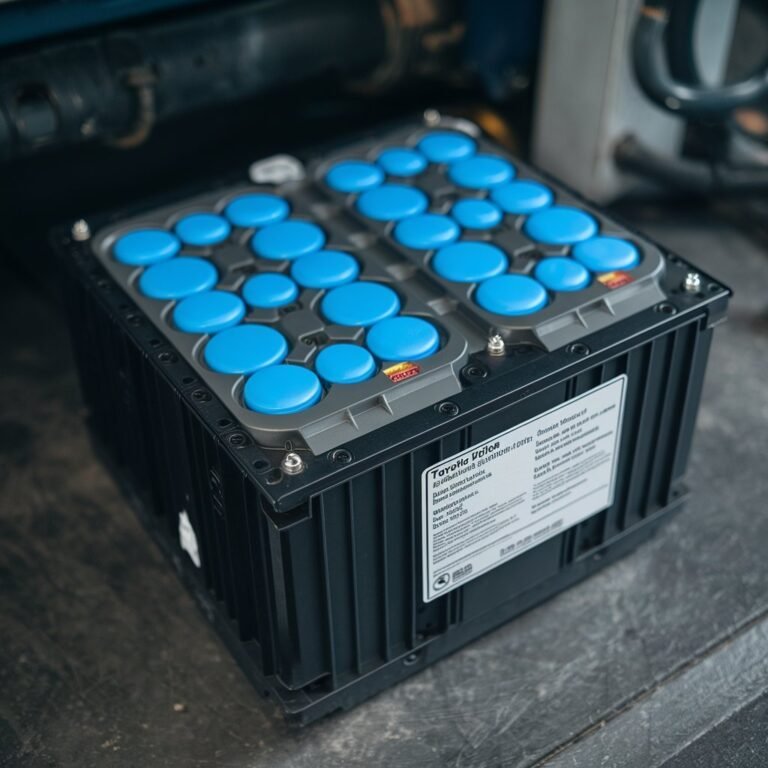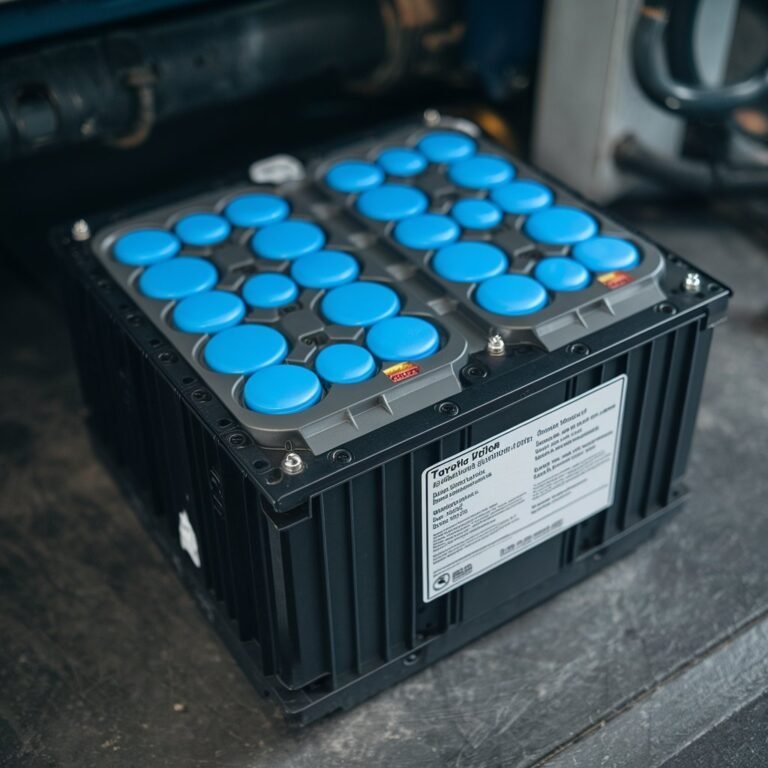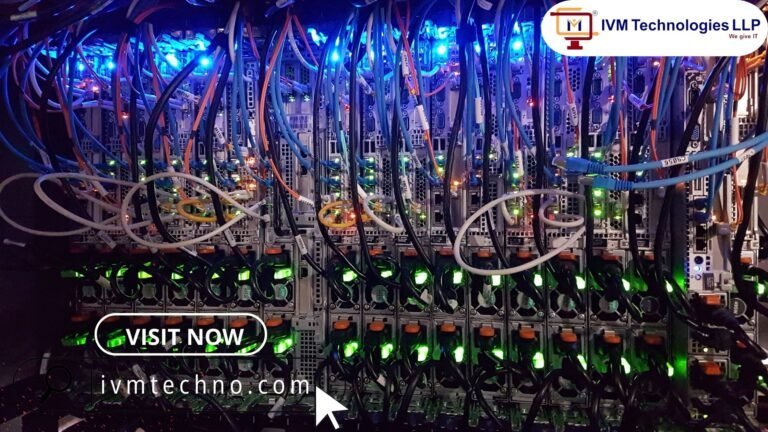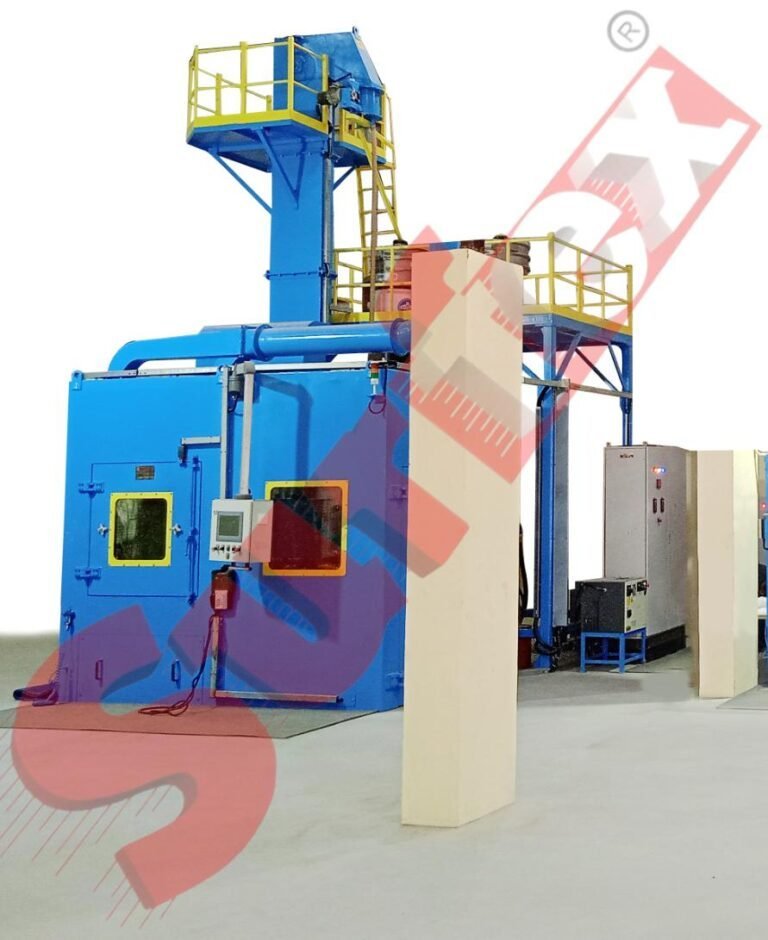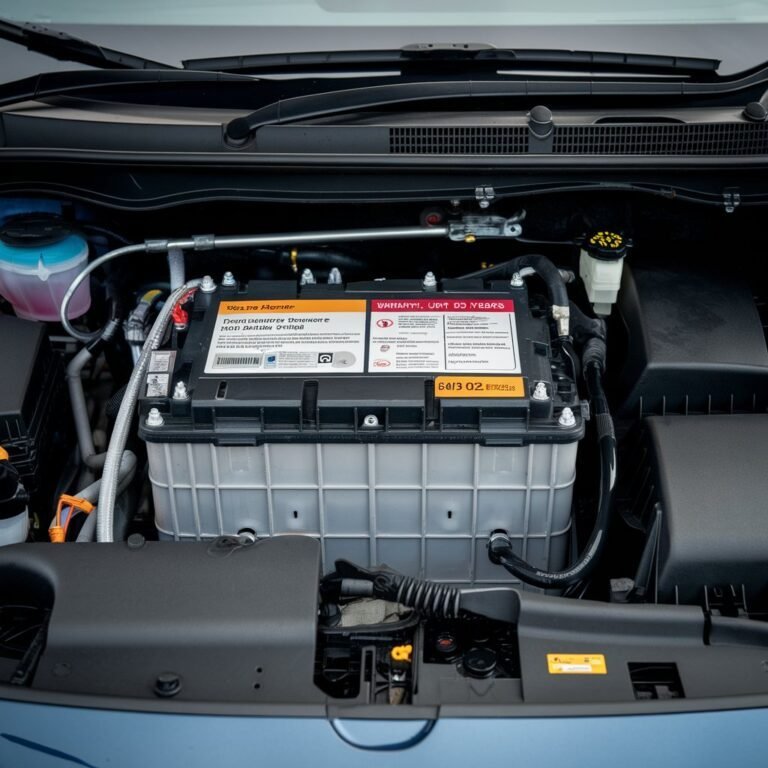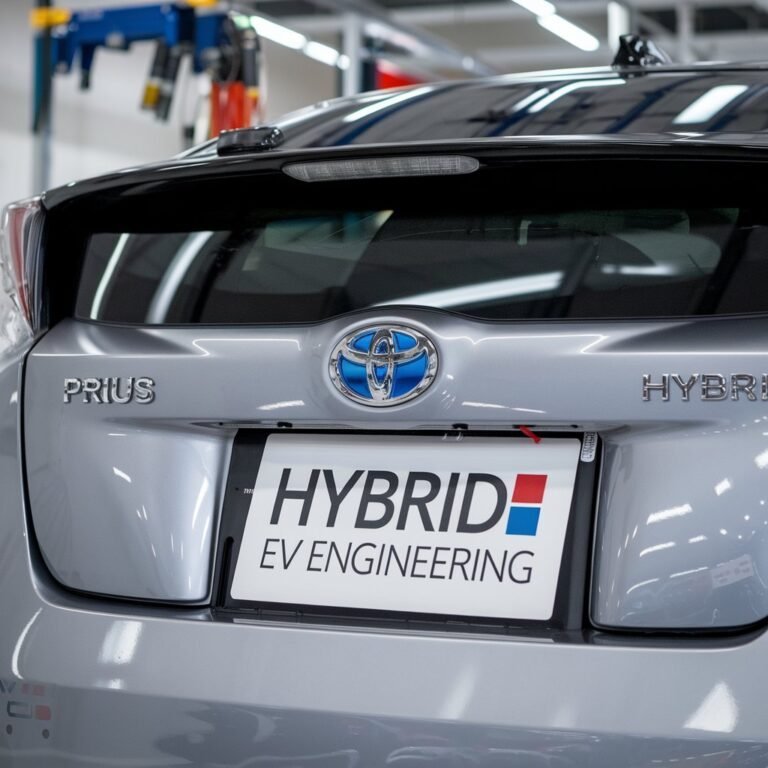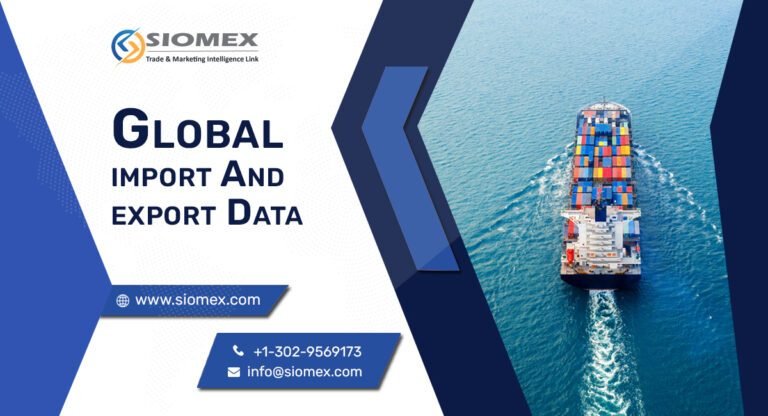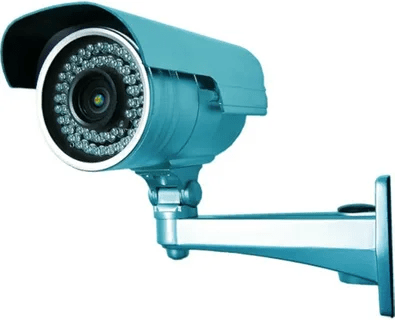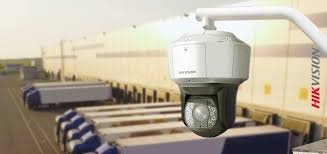Introduction
In today’s rapidly globalizing economy, Indian startups and small and medium-sized enterprises (SMEs) face increasing pressure to expand beyond local borders. While international trade offers tremendous growth opportunities, entering the global market can be a challenging task for businesses, especially those without the right tools, knowledge, and infrastructure. One crucial step for any business looking to scale internationally is obtaining an Import Export Code (IEC) registration. This unique code is a mandatory requirement for businesses engaged in importing or exporting goods in India. However, the benefits of IEC registration go far beyond mere compliance. For Indian startups and SMEs, IEC registration acts as a powerful enabler of global expansion, offering access to international markets, operational efficiencies, and government incentives that can propel their growth on the world stage. This article delves into how IEC registration serves as a gateway to global expansion for Indian startups and SMEs, breaking down its advantages, the process, and how it unlocks opportunities for business growth.
What is IEC Registration?
The Import Export Code (IEC) is a 10-digit code that is required for any business or individual engaged in import and export activities in India. Obtaining an IEC is mandatory for all businesses involved in international trade, including those dealing with goods, services, or technology.
The IEC registration process is straightforward and involves submitting an online application along with the necessary documents, such as the business’s PAN (Permanent Account Number), proof of address, and bank account details. Once the application is processed and approved, businesses are issued the IEC code, which can be used for all import/export transactions and acts as an official identity for businesses participating in global trade.
The Role of IEC Registration in Enabling Global Trade for Startups
Facilitating Entry into International Markets
One of the most significant barriers for Indian startups and SMEs is entering international markets. Many small businesses struggle to find reliable routes for exporting their products or services to foreign countries. The IEC registration serves as a bridge between these businesses and international trade, facilitating the necessary legal framework for importing and exporting goods. Without this code, businesses would be unable to clear customs or access foreign buyers and suppliers.
For example, an Indian startup creating innovative tech products would find it difficult to reach international markets without the ability to engage in legal cross-border transactions. IEC registration allows them to export their products to countries across the world, whether through digital platforms or by partnering with overseas distributors.
Simplifying Cross-Border Transactions
International trade often comes with complex processes, particularly in financial transactions. Foreign currency exchanges, banking procedures, and international payment methods can be daunting for startups and SMEs. IEC registration simplifies these challenges by allowing businesses to open foreign currency accounts, engage with international payment gateways, and work with trusted global financial institutions.
This not only streamlines payments but also ensures that transactions are conducted safely and securely, without unnecessary delays. Businesses can now import materials from international suppliers or receive payments for exports, with the confidence that they are compliant with both domestic and international financial standards.
Boosting Credibility in the Global Marketplace
In the world of international trade, credibility plays a vital role in building long-term relationships with foreign clients, suppliers, and partners. Foreign buyers are often wary of dealing with companies that do not adhere to international trade norms. IEC registration provides a guarantee that the business is recognized by the Indian government as a legitimate player in the global trade arena.
For startups looking to build a presence in foreign markets, this credibility can significantly increase their chances of attracting customers and investors. An IEC code assures international partners that the business follows the legalities of trade and adheres to the required regulations, making the company more reliable and trustworthy in the eyes of global stakeholders.
Government Benefits and Incentives for IEC-Registered Businesses
Access to Export Promotion Schemes
The Government of India has launched various schemes to support Indian exporters and encourage global trade. These initiatives are specifically designed to help businesses reduce costs, increase efficiency, and enhance their global competitiveness. However, many of these incentives are only available to businesses with a valid IEC registration.
Some popular export promotion schemes include:
- Merchandise Exports from India Scheme (MEIS): Offers rewards and incentives to exporters to promote the export of specified products.
- Export Promotion Capital Goods (EPCG) Scheme: Allows businesses to import capital goods for producing export products at zero or concessional customs duty rates.
- Duty Drawback Scheme: Allows businesses to claim a refund on customs duties paid for raw materials used in exported products.
By obtaining an IEC code, startups and SMEs become eligible for these schemes, which can significantly reduce operational costs, improve product quality, and make Indian goods more competitive in international markets.
Financial Support from Export Credit Agencies
The Indian government also provides financial assistance to exporters through various financial institutions and export credit agencies like the Export-Import Bank of India (EXIM Bank). These agencies provide low-interest loans, working capital support, and risk management solutions that are designed to help businesses grow in international markets.
For startups and SMEs, these financial incentives are crucial as they provide the liquidity and resources needed to invest in research and development, production capacity, and marketing efforts, all of which are essential for competing globally.
Tax Benefits and Incentives
Startups and SMEs can also take advantage of tax exemptions or rebates on certain export-related activities. The Indian government provides tax benefits, such as exemptions from the Goods and Services Tax (GST) on export services and goods. These tax relief measures help businesses lower their overall costs and improve their bottom line, making it easier to reinvest in business growth.
The IEC Registration Process: A Step-by-Step Guide
The IEC registration process is simple and involves minimal paperwork. Here’s a breakdown of the steps involved:
- Visit the IEC Registration Portal: Go to the official website where you can apply for your Import Export Code (IEC) registration. This is the official platform for registration.
- Fill Out the Registration Form: Carefully enter the required details about your business in the online form. This includes your business name, type, PAN number, and other necessary information.
- Submit Your Application: After double-checking all the information, submit the form. Make sure everything is correct before submitting.
- Pay the Registration Fee: Next, go to the payment section and pay the registration fee. Follow the instructions on the portal to complete the payment process.
- Application Review: Once the payment is confirmed, a registration executive will review your application.
- Receive Your IEC Registration: After processing, you will receive your IEC Registration Certificate via email, usually within 1 to 2 hours.
Note:- you can visit our website for IEC Code Renewal
Conclusion
In today’s competitive global market, IEC registration is an invaluable tool for startups and SMEs looking to scale their operations and expand internationally. By providing access to foreign markets, simplifying cross-border transactions, and enabling participation in government schemes and financial support programs, IEC registration acts as a key enabler of global trade.






















